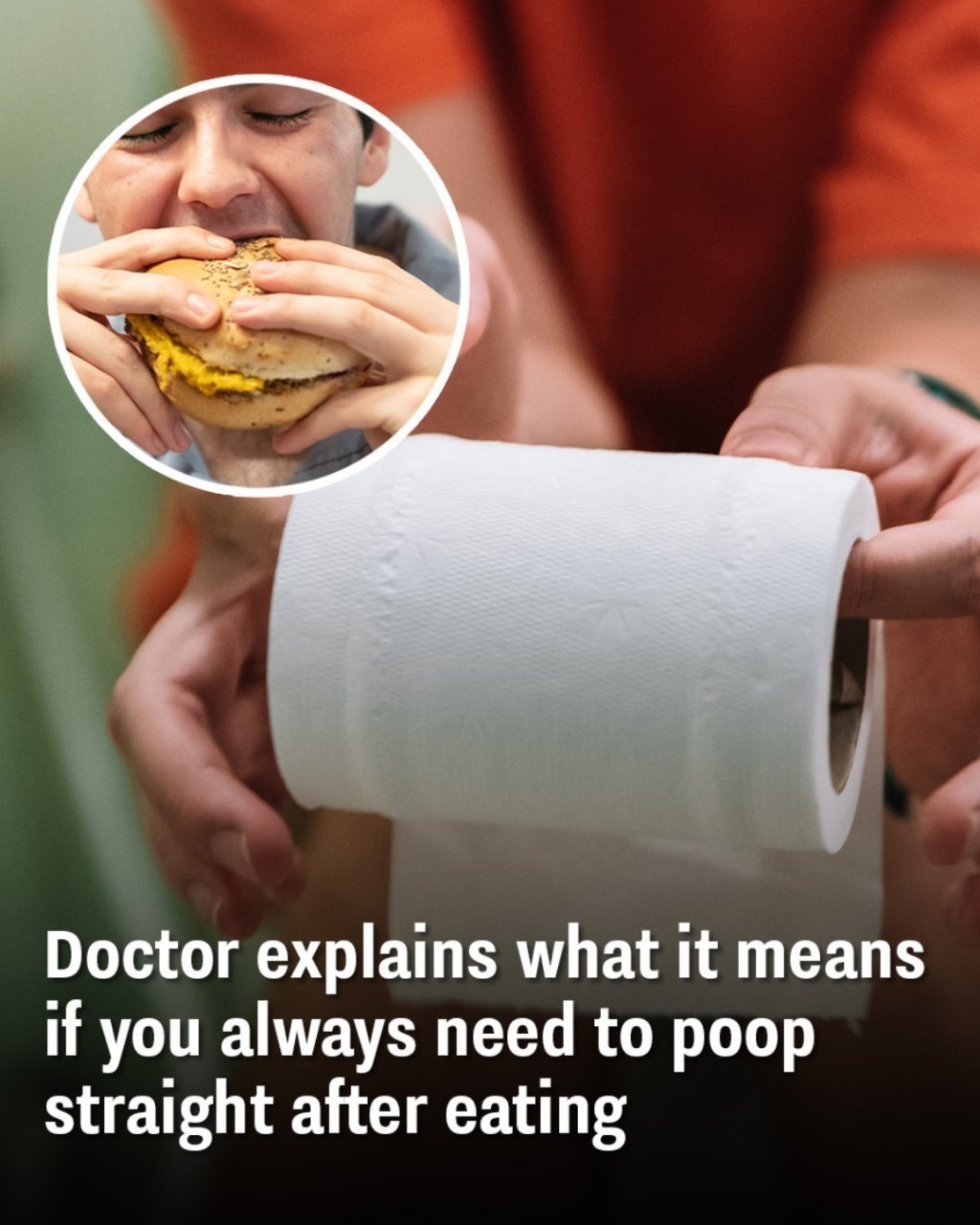ADVERTISEMENT
How to Manage This Urge
If you’re finding that you need to poop right after eating, there are several strategies you can try to manage the urge and ensure it doesn’t interfere with your daily life:
1. Eat Smaller, More Frequent Meals
Rather than consuming large meals, try eating smaller meals more frequently throughout the day. This can help reduce the intensity of the gastrocolic reflex and make it easier for your body to handle digestion without triggering the immediate urge to go.
2. Avoid Trigger Foods
If you’ve noticed that certain foods make you more prone to rushing to the bathroom, try avoiding or limiting them. Fatty, greasy, or spicy foods, as well as large amounts of fiber, can stimulate the digestive system. Identifying and eliminating these triggers may help reduce the frequency of your post-meal bowel movements.
3. Slow Down When Eating
Taking the time to eat slowly and chew your food thoroughly can help your body digest food more efficiently. This reduces the strain on your digestive system, which may help decrease the urgency of needing to go to the bathroom immediately after eating.
4. Manage Stress
Since stress and anxiety can contribute to digestive symptoms, it’s important to practice stress-reducing techniques such as deep breathing, meditation, yoga, or mindfulness. Regular physical activity can also help alleviate stress and promote better digestion.
5. Stay Hydrated
Drinking plenty of water throughout the day is essential for maintaining healthy digestion. Water helps soften stool and ensures that your digestive system works efficiently. Dehydration can lead to constipation and other digestive problems, so make sure you’re staying hydrated.
When to Seek Medical Advice
If you frequently need to poop immediately after eating and it’s accompanied by additional symptoms such as pain, blood in the stool, weight loss, or significant changes in bowel movements, it’s important to consult a healthcare professional. They can help diagnose any underlying conditions such as IBS, infections, or digestive disorders and guide you in managing your symptoms.
A healthcare provider may recommend further tests, such as blood tests, stool analysis, or an endoscopy, to understand the root cause of your symptoms and tailor a treatment plan accordingly.
Conclusion
Having to poop right after eating is usually a natural response known as the gastrocolic reflex, which helps your body make room for the food you just consumed. For most people, this reflex is nothing to worry about and doesn’t indicate a serious issue. However, if you’re experiencing this urge frequently or in combination with other symptoms like pain, bloating, or changes in stool consistency, it’s important to consider potential digestive conditions such as IBS, food sensitivities, or infections.
By understanding your digestive health, managing stress, and adjusting your eating habits, you can minimize the discomfort of frequent bowel movements after meals. And remember, if you’re ever in doubt, it’s always best to consult with a doctor who can provide personalized advice based on your specific symptoms and needs.
In the end, your body’s signals are important to listen to, and seeking the right advice can help you maintain a happy, healthy digestive system.
ADVERTISEMENT
